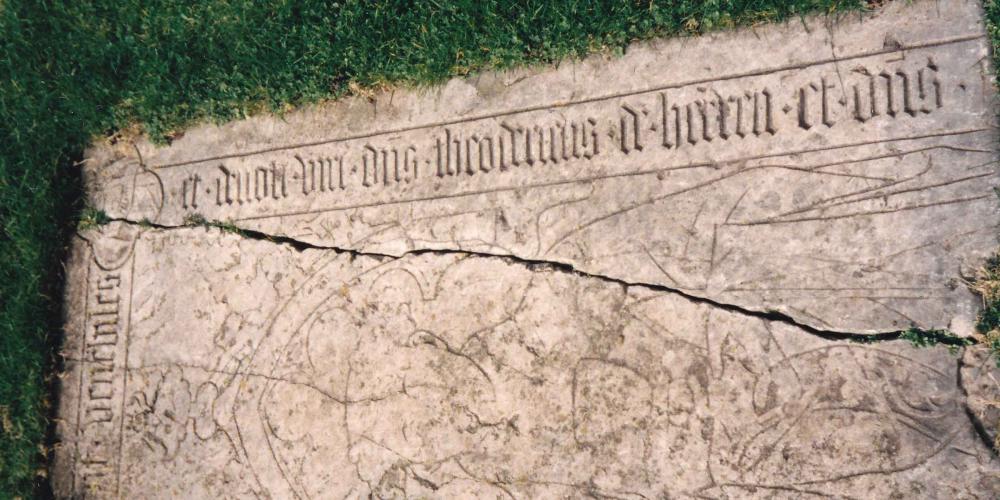
Sound Memories: The Musical Past in Late-Medieval and Early-Modern Europe
This project explores the mechanisms by which Europeans of a distant past (c.1200–1600) used collective musical memory to shape cultural and political behaviour. The project asks the question: ‘In which ways are these mechanisms relevant to the societies of twenty-first-century Europe?’
For today’s Europeans, the existence of a collective musical past is a given. The past is heard and negotiated in the concert hall. When we listen to or perform popular ‘oldies’, countless political and emotional narratives are attached to it, demonstrating the extent to which the musical past can be instrumentalised.
The project investigates how a new notion of a musical past came about in 13th-century France, and how it was applied by communities in the Low Countries, northern Germany, Bohemia and Poland, c.1400–1600. If the compilers of the Magnus Liber Organi (c.1250) proudly collected their sonic past in lavish books as a record of achievement, followers of the Devotio Moderna, Hussites and early Lutheran communities often favoured ‘archaic’ musical styles because returning to the simpler sounds of the uncorrupted past, to them as to many today, held promise of a better future. University communities in Central Europe in turn imported sophisticated music of a century or two ago from France and Italy; like ‘classical’ music today, cultivating the sounds of the past symbolised international outlook, education, power, and social prestige.
The project consists of five teams in:
- Czech Republic
- Germany/Switzerland
- Netherlands
- Poland
- United Kingdom
These teams spread the results of the research through a workshop, an international conference and an array of scholarly publications.
Prof. Karl Kuegle
Project Leader
Utrecht University
Netherlands
Project Partners
Prof. Karl Kuegle
Project Leader
Utrecht University
Netherlands
Dr Pawel Gancarczyk
Polish Academy of Sciences
Poland
Prof. Inga Mai Groote
Heidelberg University
Germany
Dr Lenka Hlávková
Charles University
Czech Republic
Prof. Susan Rankin
University of Cambridge
United Kingdom